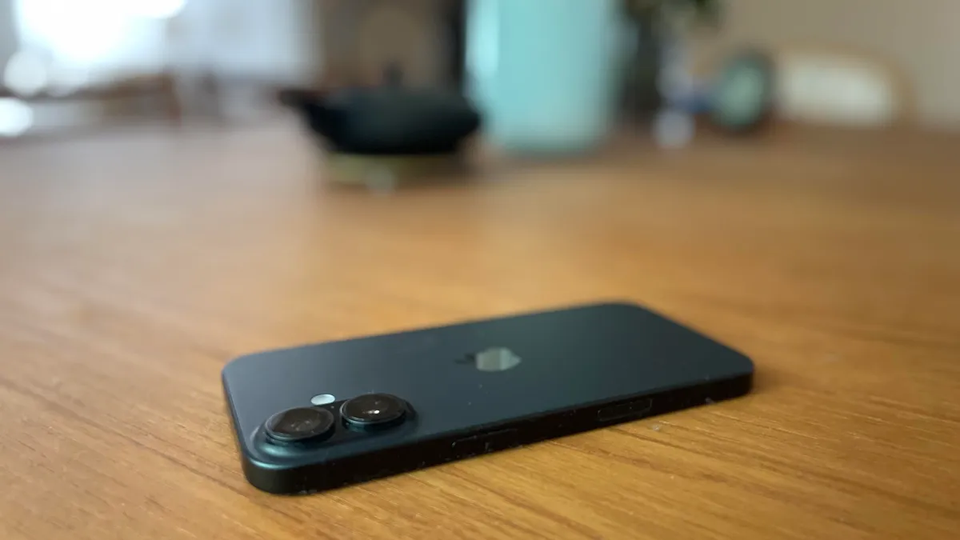 |
Users are encouraged to place their phones face down whenever possible. Photo: Jason Chun/CNET . |
Phubbing, or ignoring the other person to focus on your phone, is becoming more and more common. When someone is spending time with friends or family but only paying attention to their smartphone, the connection in communication is broken. Even if the other person is nearby, the behavior of being absorbed in digital content creates a strange feeling between individuals.
Spending too much time staring at the screen, especially "doomscrolling" (continuously scrolling on the phone), is considered an unhealthy habit. Therefore, experts recommend that users proactively put their phones out of sight when not in use. In case you need to keep the phone within reach, you should place the phone screen face down.
Battery saving and etiquette
Putting your phone face down has many practical benefits. First of all, when the screen is face down, the phone will not automatically light up every time there is a new notification, which helps save battery power significantly.
While a single notification may not have a huge impact on battery life throughout the day, the total number of notifications can add up quickly. Especially if you have notifications enabled from multiple apps or are involved in active chat groups, your phone screen can light up dozens of times a day.
This number is even modest compared to the hundreds of notifications that some users receive every day, showing the potential for significant battery drain without proper management measures.
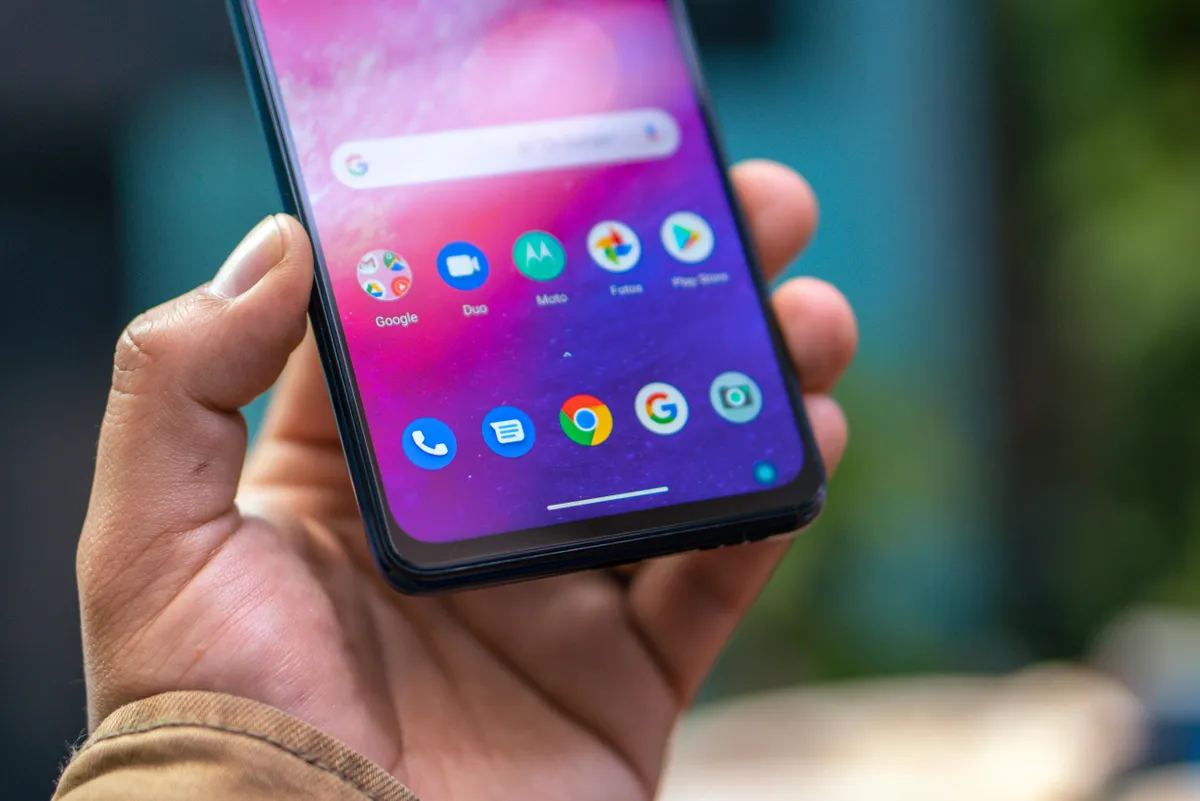 |
We can choose to turn off phone notifications while communicating with others. Photo: Óscar Gutiérrez/CNET. |
Putting your phone face down is also an important social etiquette . This action shows respect for the other person, implying that you will not be distracted by your mobile device. The screen constantly lighting up, especially in dimly lit spaces such as restaurants and bars, will disturb others.
“Eye contact is one of the most powerful forms of human connection,” says Michelle Davis, a clinical psychologist at Headspace. Neuroscience research shows that when two people interact face-to-face, their brain activity tends to synchronize, leading to more effective communication and increased empathy between the parties.
“This important synchrony can easily be disrupted when attention is diverted to a mobile phone, even for a brief moment,” says Davis.
Minimize phone possession
Besides practical and social reasons, a deeply personal factor also drives the practice of placing phones face down: the overwhelming space the device occupies in one's personal life.
This is not only metaphorical, but also literal. Mobile phone sizes are growing beyond necessity. This trend is especially evident when users no longer prefer compact smartphones like the iPhone Mini or iPhone SE.
Smartphones with large screens, while significantly optimizing battery life, pose a risk of increasing user distraction. Studies have shown that larger screens can easily draw attention to sensational news headlines or auto-playing videos . This directly increases the likelihood of users getting distracted and spending too much time on their devices.
 |
Users are increasingly favoring large-screen phones. Photo: Android Police. |
Smartphones are becoming increasingly sophisticated at capturing and holding users’ attention. They have gone beyond being a mere communication tool to competing directly with social relationships, traditional leisure activities like reading, watching movies, and even the world beyond the screen.
However, there is a simple yet effective way to minimize the device's dominance: turn the screen face down whenever possible.
While users may not have complete control over every aspect of their phone, they do have control over whether the screen is constantly drawing attention when not in use. This is a practical way to reduce the dominance of technology in everyday life.
Source: https://znews.vn/ngung-de-ngua-dien-thoai-post1563058.html







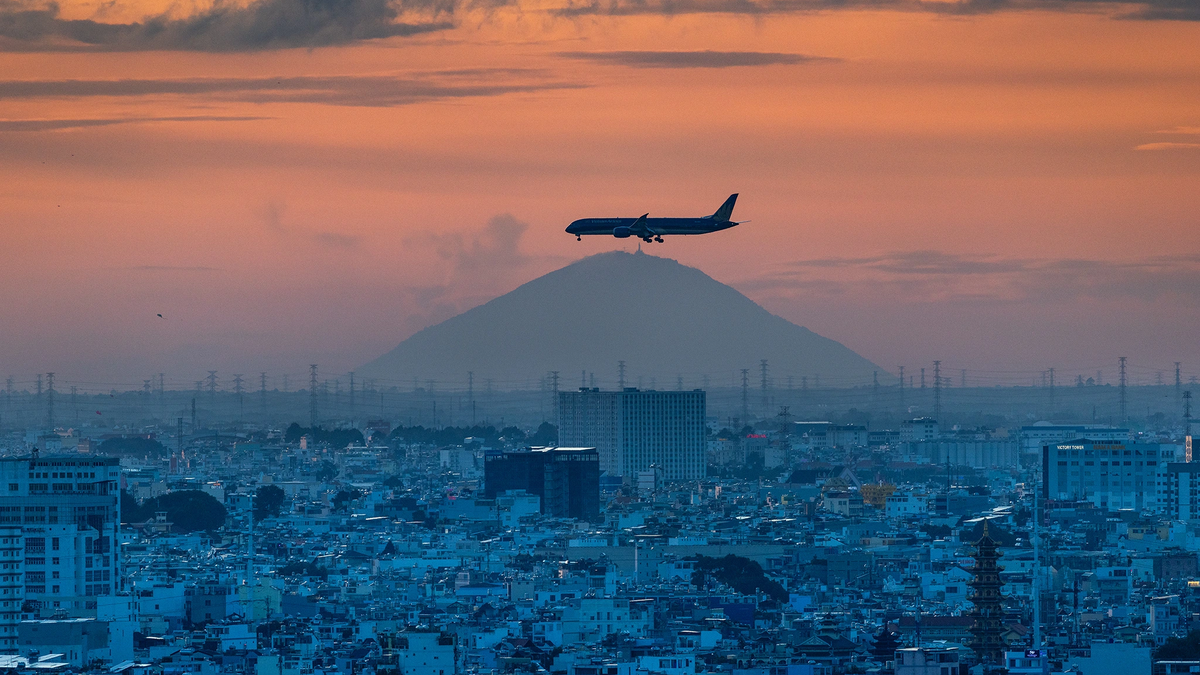






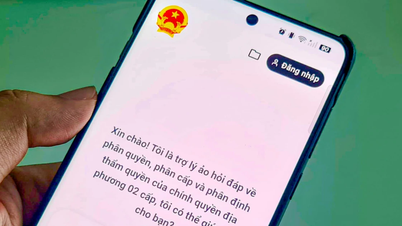








































































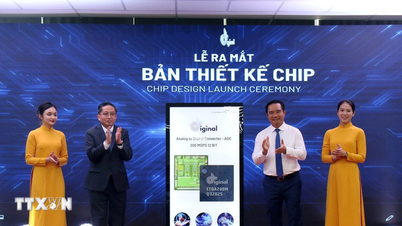





Comment (0)